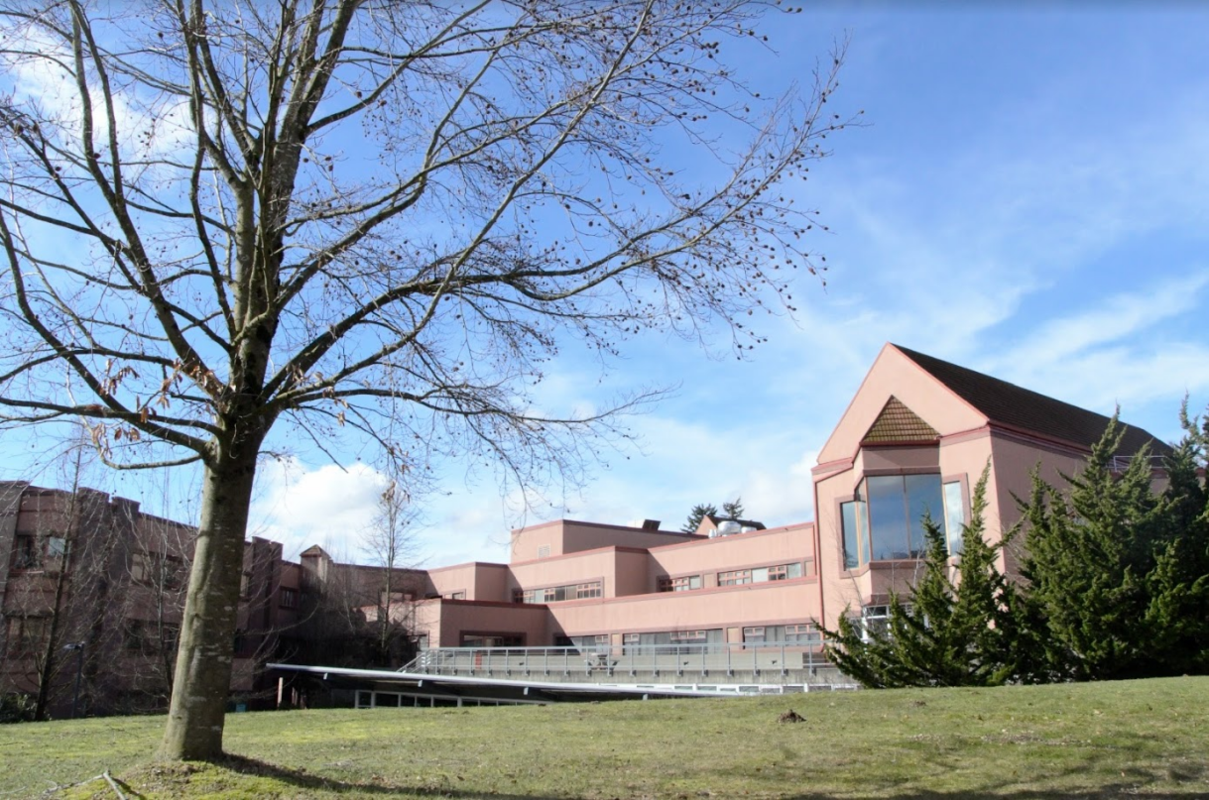As B.C. begins to consider a gradual shift toward normality, it is evident that current university policies will not be enough to ensure safe, in-person learning. The COVID-19 pandemic has revealed weak points in a university’s ability to reduce, and the significance of its role in reducing, the spread of infection diseases.
Discussions around what changes need to be made should not be limited to ensuring social distancing in classrooms and revamped cleaning standards; policies around mandatory attendance and the effects that it can have in spreading infectious disease need to be a significant part of the conversation.
Continuing activities such as school and work while sick is thoroughly ingrained in our society. It is so normalized that there appears to be few, if any, surveys on the number of university students who attend class while ill. It’s expected that they have; we all have, and have had to.
The current overarching attendance policy at UFV puts the decision of whether to make attendance mandatory, optional, or dependent on activity at the discretion of the professor. The only requirement is that the expectation and consequences are clear to students.
Some professors are lenient, but others attach considerable portions of final grades to participation or attendance. Sick notes may be required for missed classes, and some may remove students from their class if too many days are missed.
The jury is in though, and to no one’s surprise, sick people in public places spread infectious diseases. Doctors of B.C., an association of local physicians and medical students, has advocated for the removal of policies requiring sick notes since 2014, in part because sick people going out puts others at risk of getting sick.
COVID-19 has displayed the extent to which staying home can impact the spread of an infectious disease. According to Dr. Bonnie Henry, B.C.’s provincial health officer, physical distancing has been found to be one of the most effective ways to prevent the spread of coronavirus. The less contact a sick person has with others, the less an infectious disease can spread.
There are undoubtedly benefits to students attending classes. A 2010 study by Credé, Roch, and Kieszczynka found a high correlation between class attendance and grades, but the researchers expressed reluctance to conclude that class attendance resulted in high grades based on correlation alone.
Sickness needs to be self-reported. University students are adults, and can decide if they are sick or not. Requiring a doctor’s note puts others at risk, and bogs down the medical system.
Attendance allows participation, discussion, and engagement with the material that studying alone can’t provide. It also enables professors to interact with the students and gauge their interest in the material and their understanding of the concepts being taught.
Staying home while sick needs to become the new normal, and university policy can make that happen. There need to be clear limits on a professor’s power to require students to attend a class and on the grade percentage attendance can make up.
The benefits do not outweigh the right to choose, however. Many students at UFV pay their own tuition, and should be able to choose to attend or not to attend a class they pay for.
Mandatory attendance for classes is an outdated policy that does more harm than good. Students have the right to decide whether to attend class and to choose to protect those around them from sickness without negative consequences to their grades. In the wake of this pandemic, UFV has the responsibility to protect this right, and ensure the safety of its students.


